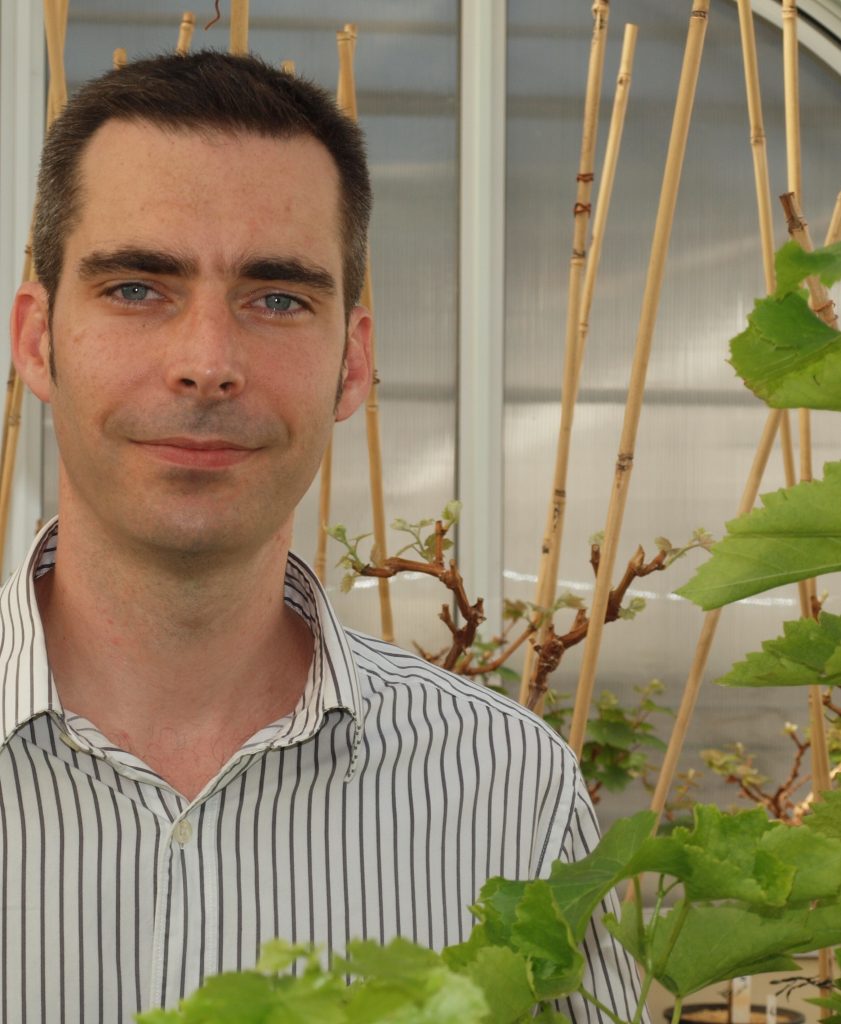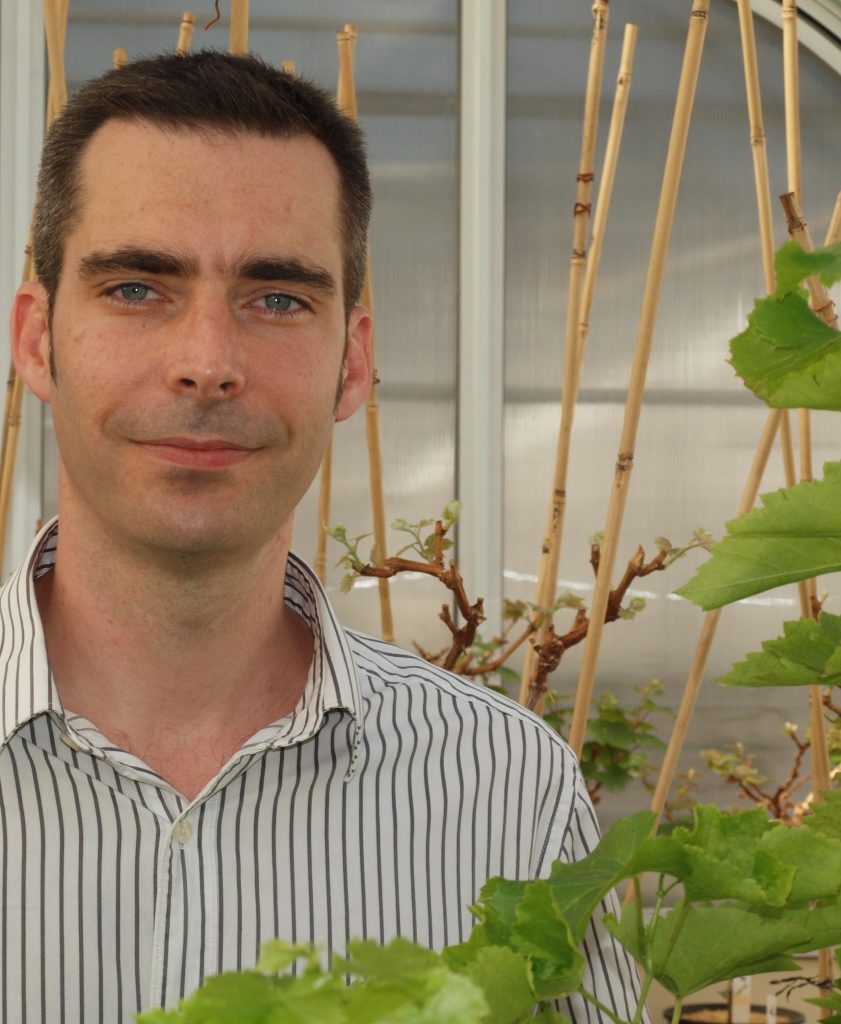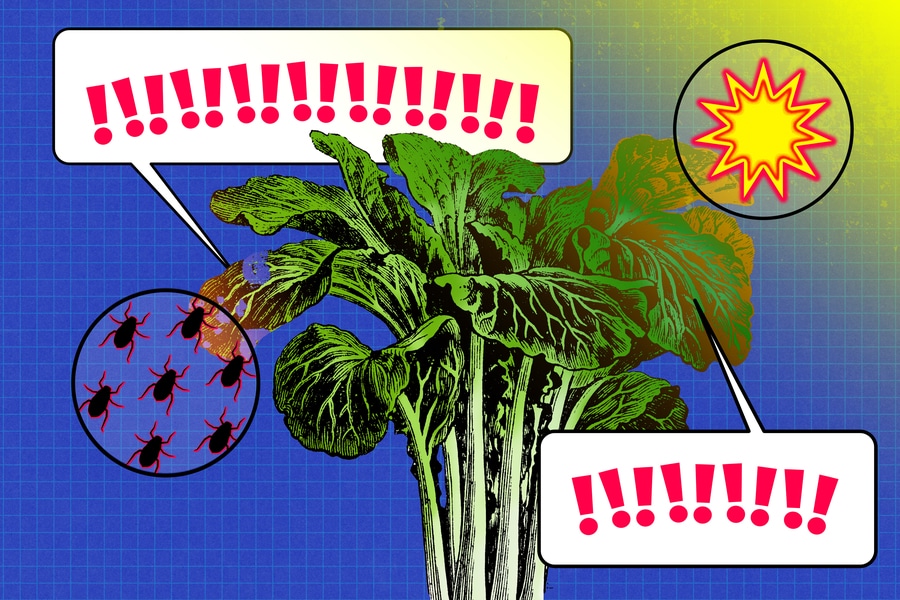University of Adelaide research has shown for the first time that, despite not having a nervous system, plants use signals normally associated with animals when they encounter stress.
Published in the journal Nature Communications, the researchers at the Australian Research Council (ARC) Centre of Excellence in Plant Energy Biology reported how plants respond to their environment with a similar combination of chemical and electrical responses to animals, but through machinery that is specific to plants.
“We’ve known for a long-time that the animal neurotransmitter GABA (gamma-aminobutyric acid) is produced by plants under stress, for example when they encounter drought, salinity, viruses, acidic soils or extreme temperatures,” says senior author Matthew Gilliham, ARC Future Fellow in the University’s School of Agriculture, Food and Wine. “But it was not known whether GABA was a signal in plants. We’ve discovered that plants bind GABA in a similar way to animals, resulting in electrical signals that ultimately regulate plant growth when a plant is exposed to a stressful environment.”
More information is available here: http://www.adelaide.edu.au/news/news79722.html













